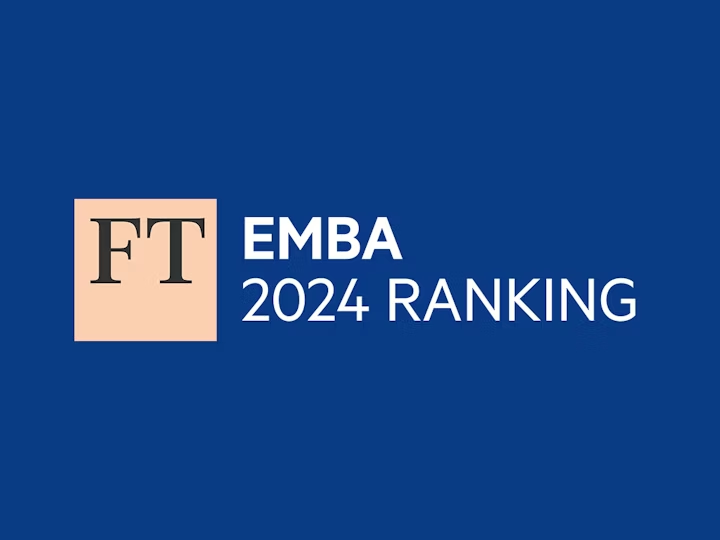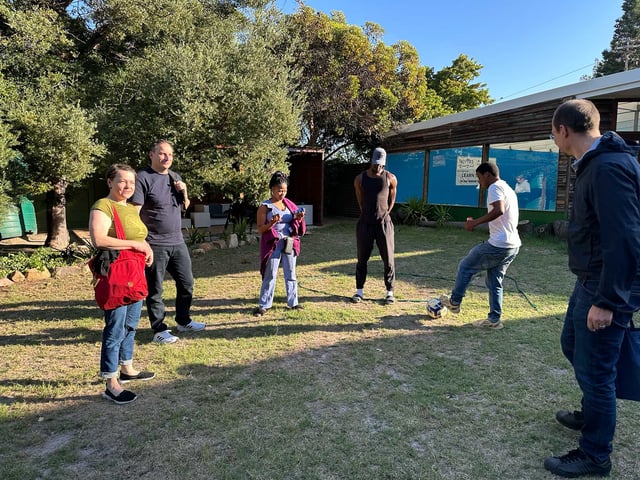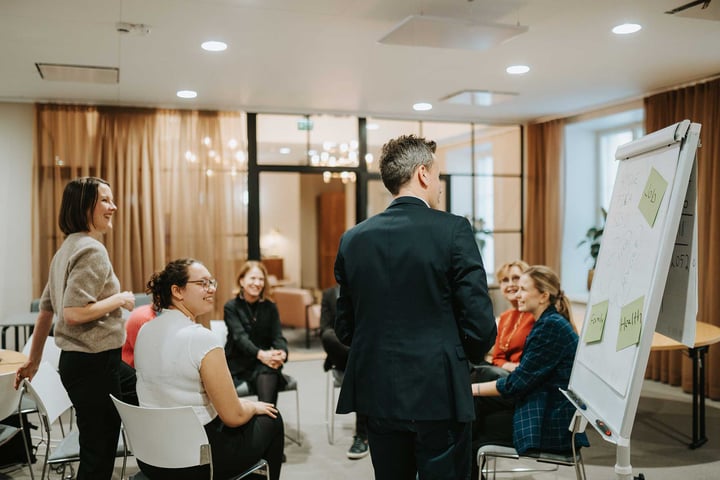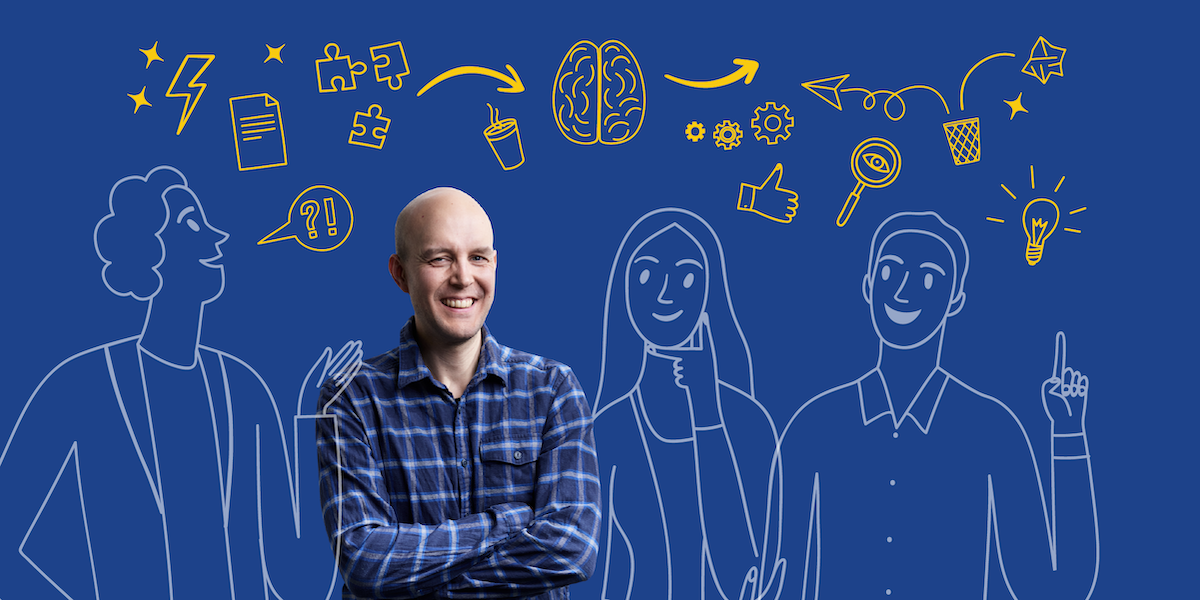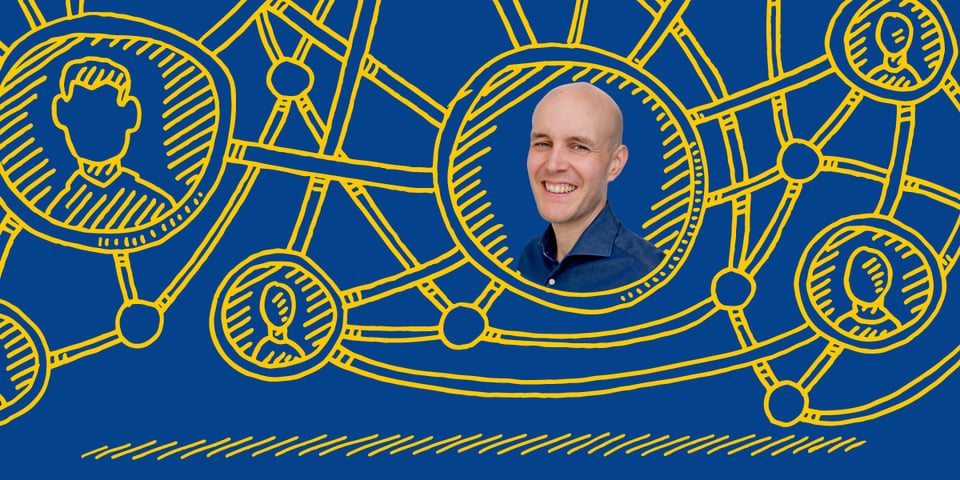One of the most interesting personal developments during my Executive MBA (EMBA) journey so far is how the focus of learning changes from accumulating knowledge to the social nature of knowledge and meaning. You could say that an individual can know something but this piece of knowledge only becomes meaningful in a particular social context.
For example, I can know in theory that "feeling of competence fuels internal motivation", but this piece of information only becomes meaningful when leading a team of experts whose motivation is affected by the feedback they receive from clients. The shared, social meaning is often the key to successful application of knowledge into practice.
While re-learning to learn, it is fascinating to listen and observe how other students approach the learning challenges that the EMBA modules pose. For a leader, "what does this piece of information mean to me?" is an important question but "what does this piece of information mean to others?" can be even more important, because it’s the perceptions and beliefs of others that we need to work with in a typical organisation.
Face-to-face teaching in a classroom setting is an excellent environment for observing others and learning together. Instead of looking for "right answers", look for "personal answers", because in the context of business and leadership there are rarely any black and white facts. It is often difficult to stay curious and open-minded about how others see things: it would be much easier to just compete about who’s right and who’s wrong. That’s something I would call "being toxically data-driven".
One obvious way to learn from others is to listen to the lecturers. And not only listening to what they say. But also listening to who they are. The lecturers are not only subject matter experts but each of them have their own backgrounds and life stories that immensely affect how they perceive the subject they teach. When listening to the excellent lecturers we have at Henley, I’m always trying to listen on two levels:
1. What is the information that is being conveyed?
2. What is the personal angle that this particular lecturer has on the matter?
In our cohort are many different industries, organisations and job functions represented, and each student also has a unique educational and professional background that gives them particular "lenses" for viewing the study content. It is insightful and useful to learn what kind of concepts and frameworks professionals from different fields use to make meaning of various work life phenomena.
I think it’s also highly interesting how the different work roles and home organisations of my fellow students give them a particular angle and point of view for the topics that are discussed during the workshops. For example, the daily struggles can be very different for a middle manager compared to a managing director. Some students clearly perceive their organisation as an entity they need to "fight against" whereas some have a more holistic ownership and associate the organisations with themselves.
Another great thing about face-to-face teaching and workshops is the intensity and variety of emotions present in the room. This creates a great training ground for recognising, regulating and expressing feelings. "Why do I feel like I feel?" and "Why does she feel like she feels?" are essential questions that provide a broader context for social learning.
How to develop the capacity to learn from others, then? The answer is three-fold. First of all, listen more actively to how others perceive the information and what meaning they assign to it. Secondly, compare the differences in perception and discuss these constructively with others, with the aim of understanding (not with the aim of "being right"). And thirdly, make adjustments to how you see the matter based on your updated understanding and complementary viewpoints received from others.
Developing your skill of learning with and through others greatly increases your chances of survival and success in any organisation, or other social network. It takes more time and effort, but the end result is also better. Not only will you become more knowledgeable, but you will also develop your social awareness and empathy, which are essential tools for all modern leaders.
You can follow my EMBA journey through weekly updates with the hashtag #JuhoGoesEMBA on LinkedIn.
If you would like to learn more about the Henley EMBA:
